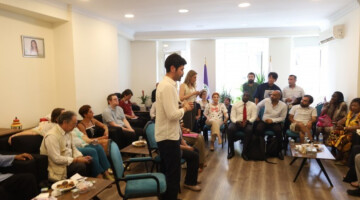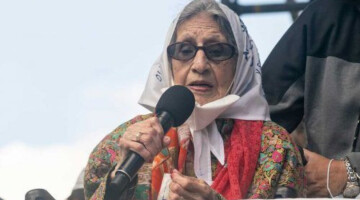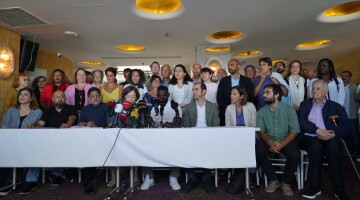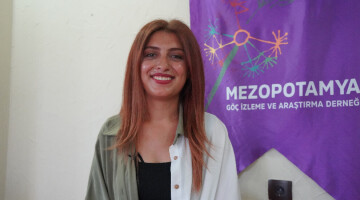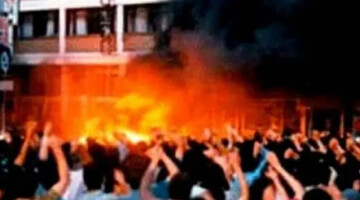Amnesty International released its report on Amed’s Sur district, where genocidal attacks and curfews have continued over the past year. An Amnesty unit that examined the situation and made interviews in Sur throughout 2016 produced the report.
Below are the important parts of the Amnesty report:
* Municipal officials estimate of civilians that have been forced to migrate from Sur is around 40 thousand.
* At least 60 percent of Sur district was expropriated as part of the urban transformation project that dislocates the district residents without any consultation.
* A woman interviewee told Amnesty that a curfew was in place at the street where her house was located, and her house was pillaged and furniture destroyed after she left the district.
* Undoubtedly, Sur residents did not abandon their houses willingly and were forced to migrate.
* Many people lost their jobs as they were displaced.
* People that had lived in rental houses in Sur were forced to pay rents that were two or three times more expensive in the areas they were forced to migrate to.
* After a comprehensive look at the process in the region, one can see that residents were relocated and houses were destroyed as part of a plan to ensure security through infrastructural changes and population transfers.
* In May 2016, Diyarbakır Governorate informed Amnesty that by March 9, 2016, the bodies of 65 soldiers and police officers and 65 people related to the PKK had been found in Sur.
* Governorate officials argued that services were cut because the clashes damaged the district infrastructure, but locals argued that officials cut public services on purpose. In an interview with Amnesty, a police officer confirmed local peoples’ claims and said that electricity and water services were cut off in order to demoralize the people fighting against the police and military.
* The conditions for the return or relocation of Sur’s residents in an honorable and voluntary manner should be created.
* The curfews should end immediately and steps should be taken for the return of displaced residents, the reopening of businesses and the reestablishment of economic life.
* Both landlords and renters should be given the guarantee of the option of returning to the district after construction projects are completed.
* A woman told Amnesty that after being displaced, she, her husband and five children lost all of their hopes and said 'I lived in poverty my entire life. My house was the only thing I owned. My only desire was for my son to attend university. Now, I neither have my house nor my hope to send my son to university. '
* Residents of Sur should be informed about expropriations and consulted before taking decisions and steps regarding the future of the district.






